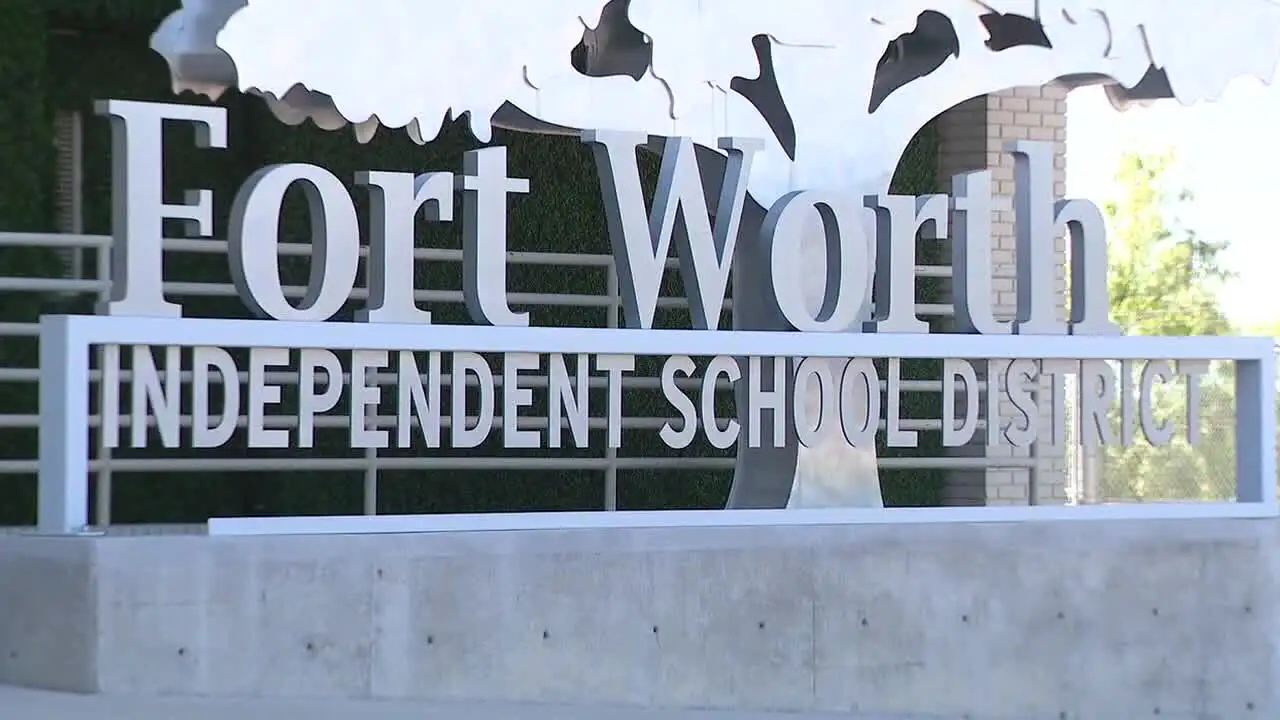
On Sept. 10, the College of the Canyons community was blindsided when the three newly elected members of the board of trustees voted to remove David Andrus as our interim president. Their decision came despite Mr. Andrus receiving votes of confidence from four separate campus groups — while Trustees Sharlene Johnson and Fred Arnold themselves received votes of no confidence from those same groups.
The Signal’s Sept. 16 editorial acknowledged regret in endorsing the slate these trustees ran on. Admitting a misjudgment is never easy, and the community appreciates that honesty. However, the editorial also suggested that faculty and staff sometimes wield too much influence at the college. This misunderstands how California’s community colleges are designed to function.
Community colleges in our state are unique public institutions governed by a principle called shared governance, which is not optional but mandated by law (Title 5, Section 53200 of the California Code of Regulations). Shared governance means that faculty, classified professionals, and administrators are required to participate in decision-making alongside trustees. These are not mere “special interests,” but experts — many with doctorates in education — whose job it is to ensure that academic quality, student success, and institutional integrity guide every major decision.
In fact, California law identifies “10 + 1” specific areas where collegial consultation between the board and the Academic Senate is required. These include:
• Curriculum, including establishing prerequisites.
• Degree and certificate requirements.
• Grading policies.
• Educational program development.
• Standards for student preparation and success.
• College governance structures related to faculty roles.
• Faculty roles in accreditation processes.
• Policies for faculty professional development.
• Program review processes.
• Institutional planning and budget development.
• Plus 1: Other academic and professional matters as mutually agreed upon.
When trustees dismiss this process, by refusing to rely on the deep expertise of the campus community or acting without transparent consultation, as they did in acting to remove David Andrus as interim president, they not only undermined morale but may have also violated state regulations, the Brown Act (open meeting law), and whistleblower protections. Additionally, they may have jeopardized future accreditation cycles.
COC is a living, breathing institution built over decades of collaboration. It was not a “dumpster fire,” as the trustees’ campaign literature claimed. Ironically, through their own actions — done, astonishingly, at times with laughter, smiles and smirks — they have struck the very match that threatens to ignite one.
Our community deserves trustees who respect the law, value expertise, and put students first. We urge the board to honor the principles of shared governance and work with the COC community rather than against it.
Rebecca Shepherd



